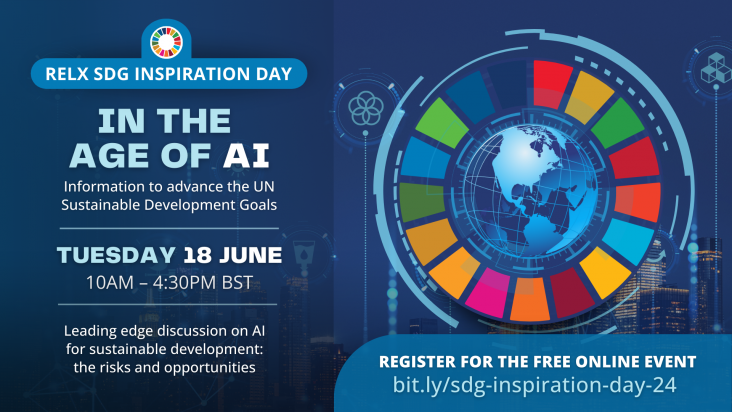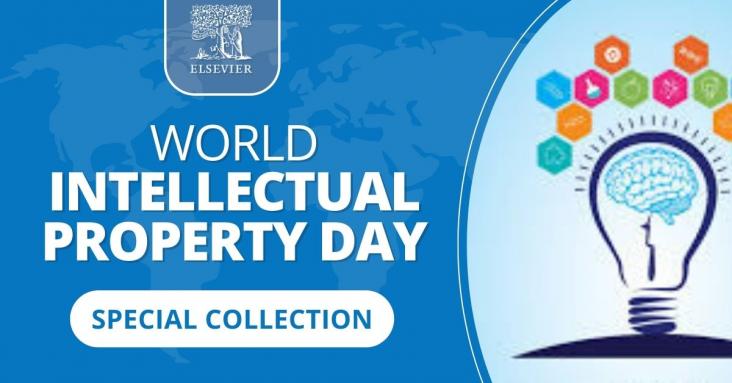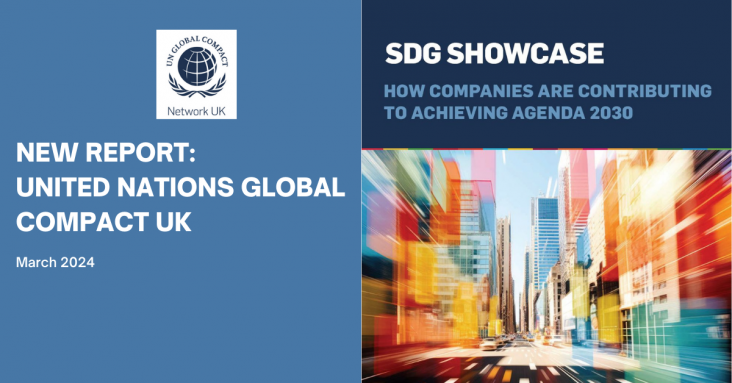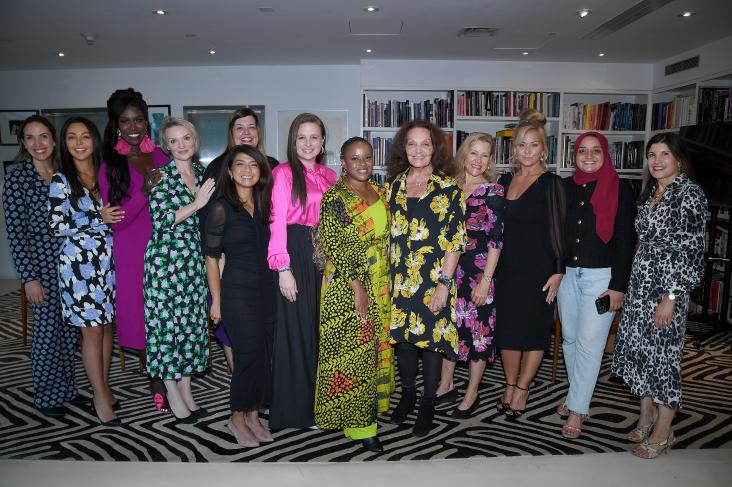
Elsevier's 2024 Gender Equality Study Reveals 20 Years Of Progress, But Challenges Remain For Women in Research And Innovation
Transportation electrification is a critical step toward energy transition and a low-carbon society, with wide-ranging social and economic impacts. This study examines the significant role of the 2023 United Auto Workers strike in the context of transportation electrification, with a focus on its implications for the automotive industry and labor market dynamics.


AI holds tremendous potential for advancing the United Nations Sustainable Development Goals (SDGs). AI, particularly generative AI, provides new opportunities to analyse data and trends at pace a

World Intellectual Property Day, observed each year on 26th April, is an opportunity to celebrate the contributions made by inventors and creators around the world and to explore how IP contributes


